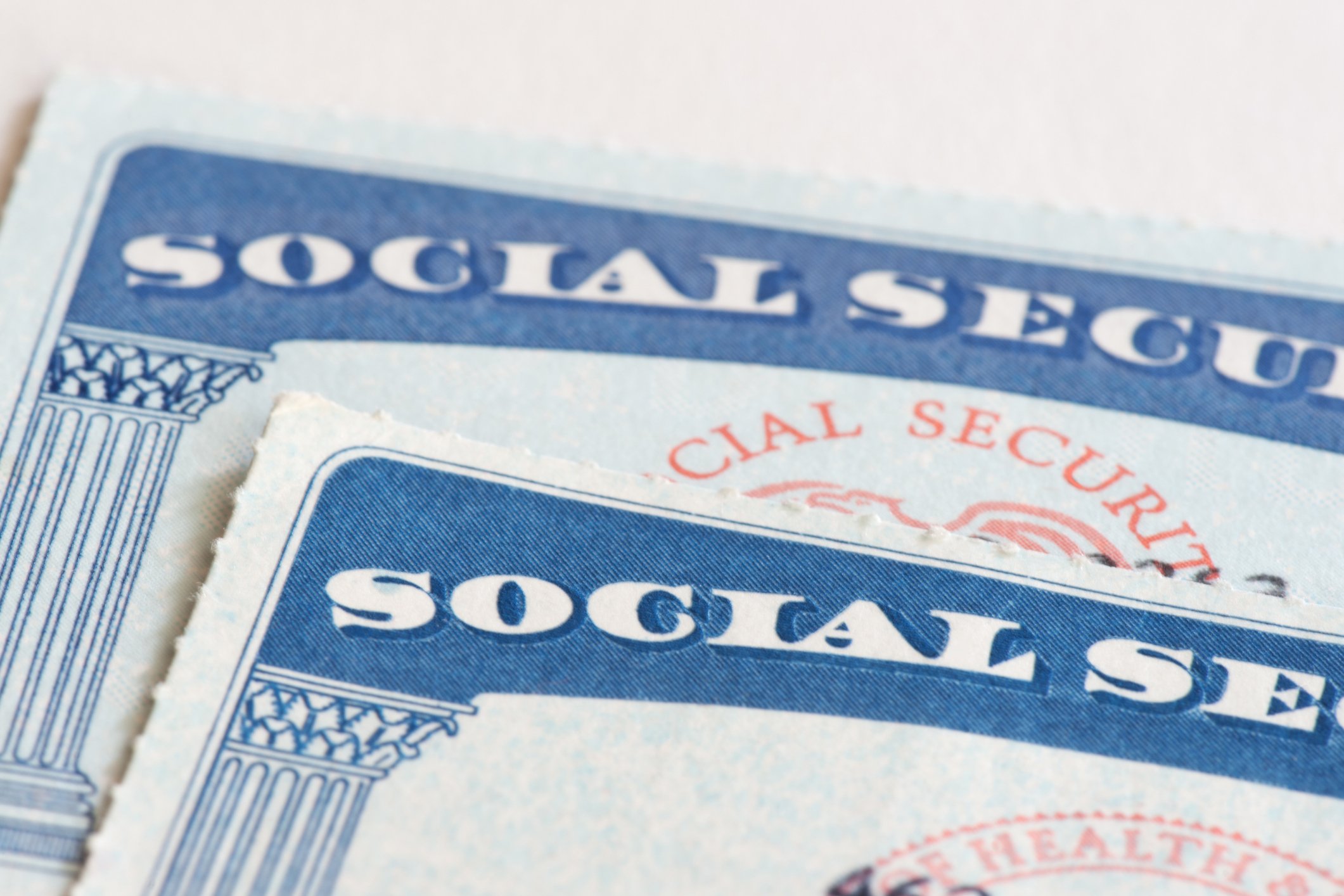The more you rely on Social Security for retirement income, the more squeezed your budget might be. The reality is that Social Security will only replace a modest portion of your pre-retirement wages. And it's best to have other income sources, like an IRA or 401(k), to tap in retirement so you're not constantly struggling to cover your costs.
But no matter how heavily or not you depend on Social Security, you're probably eager to know what next year's cost-of-living adjustment, or COLA, might amount to. And the good news is, you shouldn't have to wait too much longer.

Image source: Getty Images.
The Social Security Administration is able to make COLA announcements in October, once inflation data from July, August, and September is aggregated. But if you want a hint as to what COLA you may be looking at for 2026, you don't necessarily need to wait until October.
Social Security's COLA projection seems to be on an upward path
The Senior Citizens League, an advocacy group, puts out a Social Security projection as new inflation data is released by the Bureau of Labor Statistics each month. And the group has consistency been raising its COLA projection since March.
Back in March, the group was calling for a 2.2% COLA. Here's what those projections have looked like since:
- April: 2.3%
- May: 2.4%
- June: 2.5%
- July: 2.6%
- August: 2.7%
Now we don't have September's projection yet, since inflation data for the month of August has not yet been released. But if this pattern holds, then it could spell positive news for retirees who are hoping 2026's COLA will be considerably more generous than the 2.5% raise their benefits got in 2025.
Have realistic expectations about Social Security COLAs
If you're a retiree who could use a boost to your monthly Social Security checks, you may be hoping for a large COLA in 2026. But one thing you should realize is that the best next year's COLA, or any COLA, might do is help you keep pace with inflation.
Social Security COLAs are not meant to improve retirees' financial situations. They're more a means of protection from rising prices.
If you've been having a hard time covering your bills as a retiree, it may be time to examine your spending and see if there are ways to reduce some bills or boost your income with part-time work. Relocating to a part of the country where your Social Security checks go further may be another option worth considering if you've been under a lot of financial stress.
And if you're not yet retired, consider this a warning to not depend too heavily on Social Security COLAs to help you gain buying power from one year to the next once you stop working. Instead, do your best to build up a retirement nest egg.
That could mean funding an IRA regularly or signing up for an employer's 401(k) plan. The more personal savings you bring into retirement, the less you'll have to worry about what any given Social Security COLA looks.





